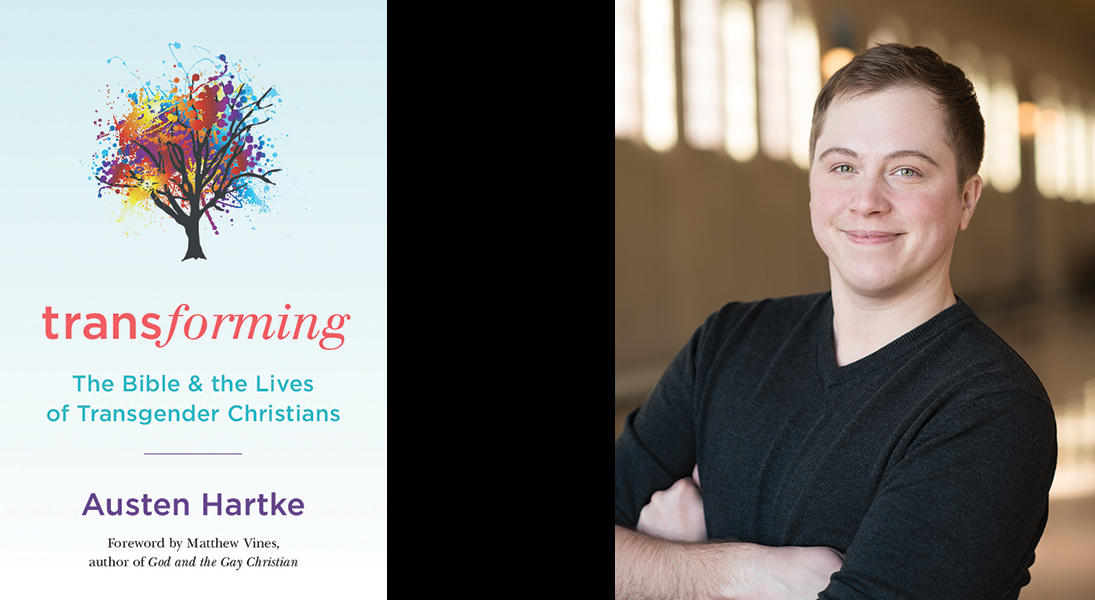

In the Evangelical Lutheran Church of America, transgender identities weren’t discussed in the denomination’s 2009 statement on sexuality that affirmed lesbian and gay priests, noted Amanda Gerken-Nelson, executive director of Extraordinary Lutheran Ministries, a pro-LGBTQ group. Jess Cook, who also works for More Light Presbyterians, were the first two openly transgender ministers ordained in the Presbyterian Church (USA). “It wasn’t until 2018 that we had the first overture passed by the General Assembly that specifically named trans and non-binary folks as beloved by God, as worth advocating for in the public square.” In 2019, McNeill and the Rev. “We have a church still grappling with how limiting the binary is,” said McNeill. denominations, such as the Evangelical Lutheran Church in America, the Presbyterian Church (USA) and the Episcopal Church, began striking down prohibitions against the ordination of LGBTQ candidates more than a decade ago, but, as in other sectors, the acceptance of transgender people has lagged behind that of gay and lesbian clergy.
.jpg)
Alex McNeill, executive director of More Light Presbyterians, an LGBTQ education and advocacy group, “reforming what ministry can be and what worship can look like.” “Queer and trans folks are really helping to lead this next stage of the reformation,” said the Rev. Jess Cook at McNeill’s ordination at First Presbyterian Church in Asheville, North Carolina, on Oct. But even as the mainline denominations have largely come to welcome LGBTQ individuals, transgender seminarians are still encountering hurdles to ordination and being called to a church, challenging liberal church attitudes about acceptance and often finding new paths for service. Hartke is one of a growing number of openly transgender students graduating from mainline and non-denominational Christian seminaries, many of which have made strides over the past decade toward welcoming them to explore their spirituality. Still, said Hartke, who today runs the Transmission Ministry Collective, a community that supports transgender and other nonbinary Christians, “I didn’t come out as trans until I was holding my diploma, because I didn’t know what would happen.”

Hartke, who had come out as bisexual years before applying to seminary, had specifically picked the school, he said in a recent interview, so he would learn to navigate his identity and ministry while being exposed to “the Midwestern attitudes I lived with every day.” But as his awareness grew that he was transgender, so did his conviction that Luther was the right place for him.

Paul, Minnesota, he knew it was the only Lutheran seminary that didn’t participate in his denomination’s LGBTQ+ welcoming program. (RNS) - When Austen Hartke arrived at Luther Seminary in St.


 0 kommentar(er)
0 kommentar(er)
